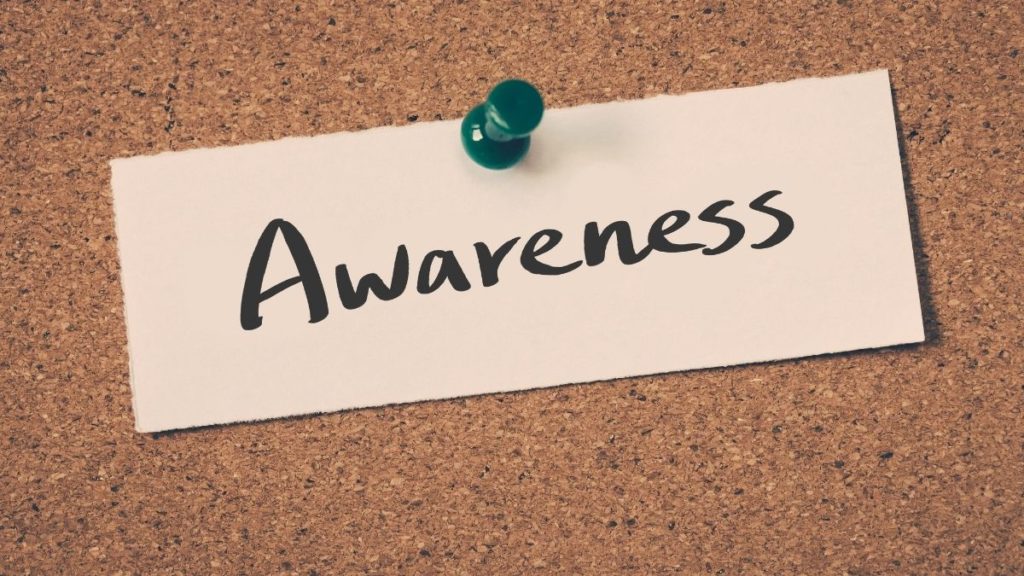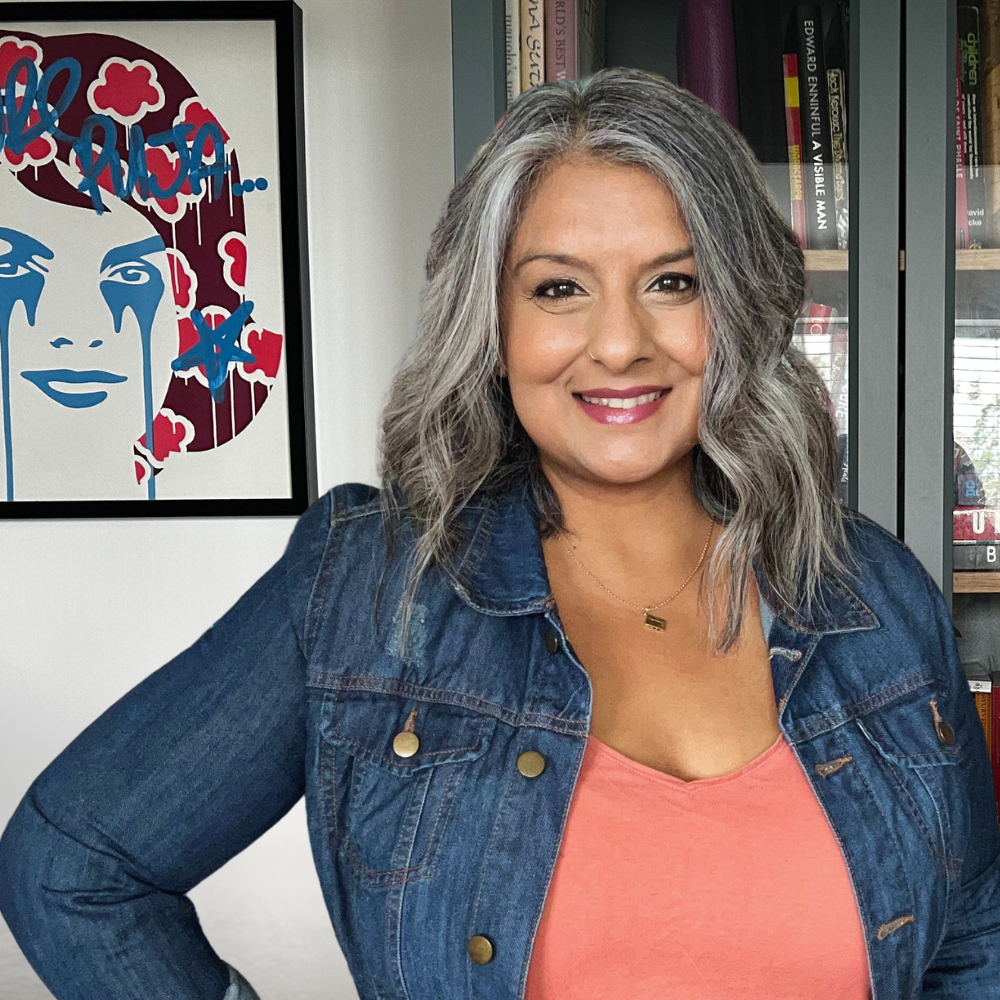
Build self awareness towards others
Have you ever been speaking to a colleague or friend about something and then they behave in a way that you didn’t see coming? This is why you may need to build self awareness towards others. In this scenario, you are assuming the behaviour is because of you.
It may be because of something you said, how you reacted or even how much you are doing. However, none or all of those reasons may be true so this is what I will dissect in this post. In this particular scenario you may need to build self awareness towards others before blaming yourself.
Why you need to build self awareness towards others
Everyone sees the world in different ways. The way you approach experiences in your life will be different to your friends or your colleagues. None of us have lived the same experience therefore we cannot see the world the same way. Taking a step back from a situation that has left you feeling uncomfortable or even anxious, will help you to build your self awareness towards others. When you do this, you are able to understand whether you are reacting because of the facts or something else.
Building self awareness towards others and anxiety
So what could something else be in this scenario? Say you are speaking with a friend or colleague and you know something is a little ‘off’ during the conversation. However, you do not raise anything at the time because it may be nothing. You then send a message (text or email) to follow up about what you were talking about. The other person does not respond to you straightaway or even days later.
How do you react in this scenario?
A common reaction is anxiety filled thoughts. You may even have physical symptoms that manifest when you think about the situation. Your heart may race, your breathing may be shallow because you are reacting to a response that you didn’t expect. Or did you? Raising your own self awareness will of course help you with managing yourself but what about your self awareness towards others?
If you relived the conversation, you would only see your perspective and this is normal. However, if you can recall the conversation based on what the other person was saying, you may hear a little more.
Are these the facts or assumptions?
During your conversation, the other person may have mentioned that they were going to be busy with work or family that week. They may have said that they were tired or something else but you may have only heard their response to you.
The problem with this is that you are not listening to the other person. They may have been extremely clear with you on the topic but you took it in a way that made you feel anxious. Unless you explicitly did something to upset them, it is most likely that what you are reacting to are not the facts.
Being aware of your own actions with other people
When you don’t see a situation for the facts, you will put your own agenda towards the outcomes. This can be unhelpful because you do not know for sure where the other person’s intentions lie. Assuming they are upset with you may have more to do with how you treat the other person and this is why you need to build your self awareness towards others.
Are you being a good friend or colleague? What were your intentions in the scenario, were they authentic? Why has their response or lack of response upset you so much? What is really causing your anxiety?
Reflective work for building self awareness towards others
In this type of situation, if you want to react in a calmer more collected fashion, you need to consider the other person’s perspective.
Writing down the conversation on paper with both your words and what they had said, you might discover that you missed some key information. Perhaps they had pulled a muscle in their neck but because it was in passing during the pleasantries, you had dismissed it. What about your agenda, did you need something from them? Sometimes when we want or need something from a friend or colleague, we often don’t realise that we might be taking too much. They may not be upset with you however, they may just need a few days to gather themselves.
Reflecting your words and theirs
Whenever you find yourself in a situation like this, try to take a step back to reflect on the conversation. Give the other person the benefit of the doubt because you don’t really know what is happening with them. Nothing may be wrong but because you might have not been your best towards them, you are reacting to your own behaviour. Learning to build your self awareness towards others will help you manage your thoughts and reactions a lot better.
There is a little NLP test you might like to try. This quiz puts self awareness in a framework that creates insight. On a journey toward greater enlightenment, this could be a tool you’ve been missing. Most people report more than one aha-moment.

Hi, I’m Puja! I’m all about helping driven, purpose-led people create success that actually feels good—without losing themselves along the way.
I mix deep coaching with practical strategies and a soulful perspective to help you thrive in your work, life, and well-being.
This is where I share stories, ideas, and inspiration to spark bold thinking and a more meaningful way of living.
Discover more: SIMPLY WELLBEING SUBSTACK
Registered address: 3rd Floor, 86-90 Paul Street, London, EC2A 4NE
© 2025 Frankly Coaching Ltd.